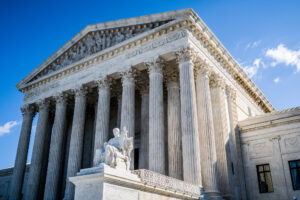By Cameron Bray Equitable mootness is a common-law doctrine that prevents a Chapter 11 plan from being reviewed when an appellant has “failed and neglected diligently to pursue their available remedies to obtain a stay” and changes in circumstances “render it inequitable to consider the merits of the appeal.”[1] Judges and practitioners alike tend to […]












